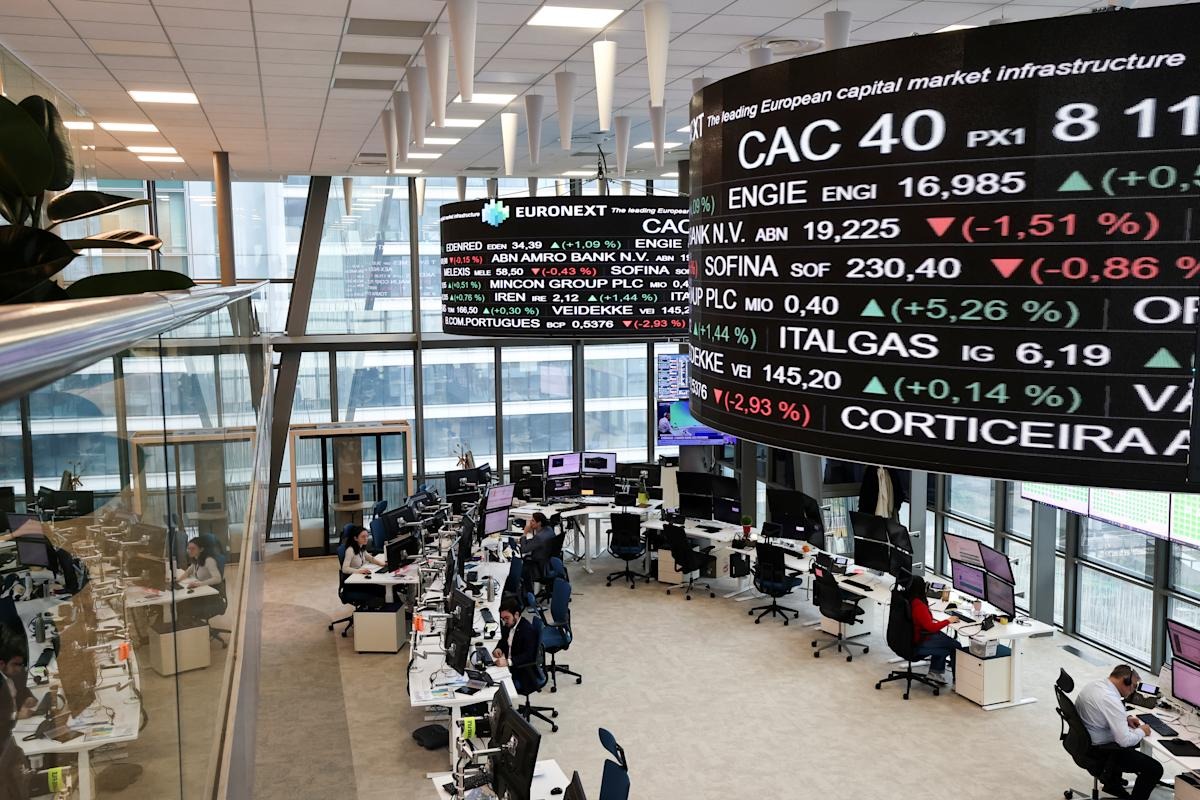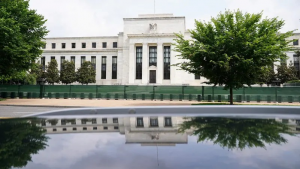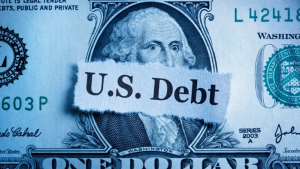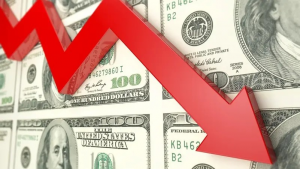European equity indices plummeted lower Wednesday as the Trump administration’s sweeping country-specific tariffs took effect, ramping up uncertainty over the global economy.
At 03:05 ET (07:05 GMT), the DAX index in Germany dropped 2%, the CAC 40 in France slipped 2.5% and the FTSE 100 in the U.K. fell 2.1%.
Trump’s tariffs take effect
The main European indices closed higher on Tuesday, attempting a rebound after a run of sharp losses, but this optimism has quickly disappeared as U.S. President Donald Trump’s reciprocal trade tariffs on major U.S. trading partners kicked in.
Additionally, Trump made good on his threat to hike tariffs on China by an additional 50%, following Beijing’s retaliation, with total U.S. tariffs on Chinese goods now amounting to 104%.
This marked a dramatic escalation of the trade war between the world’s two largest economies.
Reciprocal tariffs against other major economies include a 20% duty against the European Union, a 24% duty on Japan, a 46% tariff on Vietnam, a 25% duty on South Korea and a 32% tariff on Taiwan.
Trump also indicated late Tuesday that the U.S. would soon announce “a very major tariff on pharmaceuticals,” a move that could hit some of Europe’s largest companies hard.
Recession risks underplayed - Goldman
Unease about the fallout from these tariffs, and the retaliatory measures from America’s trading partners, have weighed on investors, amid concerns that economic activity will be hit, resulting in a global recession, while inflationary pressures rise once more.
That said, even with the recent stock selloff, Goldman Sachs thinks markets may still be underestimating the risk of a full-blown U.S. recession following the sharp escalation in tariffs on Chinese goods.
"Among common recession gauges, only the VIX is at levels associated with past recession peaks: longer-dated equity volatility, credit spreads and the yield curve are not," Goldman Sachs analysts said in a note.
"We think there is a high chance that we continue to push toward full recession pricing, which would imply weaker equities, wider credit spreads, a deeper Fed cutting cycle and higher longer-dated equity volatility," they added.
Crude falls to four-year low
Oil prices slumped Wednesday, dropping to their lowest levels in more than four years as the trade war between China and the U.S., the world’s two biggest economies, intensified.
At 03:05 ET, Brent futures dropped 2.6% to $61.37 a barrel. U.S. West Texas Intermediate crude futures fell 2.6% to $58.02 a barrel.
These losses follow the escalating tariff war between the U.S. and China, after President Trump increased the duties on Chinese goods to a hefty 104%.
Oil has lost about one-fifth of its value since Trump announced higher tariffs on its trading partners on April 2, the biggest five-day drop since March 2022.













